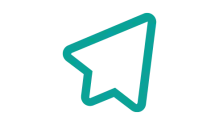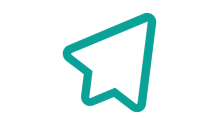The European Committee for Standardization (CEN) was officially created as an international non-profit association based in Brussels on 30 October 1975. It is a business facilitator in Europe, removing trade barriers for European industry and consumers.
Its mission is to foster the European economy in global trading, the welfare of European citizens and the environment. Through its services it provides a platform for the development of European Standards and other technical specifications.
CEN is a major provider of European Standards and technical specifications. It is the only recognized European organization according to Directive 98/34/EC for the planning, drafting and adoption of European Standards in all areas of economic activity with the exeption of electrotechnology (CENELEC) and telecommunication (ETSI).
The new EU Regulation on European Standardization has been adopted by the European Parliament and by the Council of the EU and will enter into force as from 1 January 2013. It provides the legal framework within which the European Standards Organisations (CEN, CENELEC, ETSI) will operate. The text of the new EU Regulation (1025/2012) is published in the Official Journal of the European Union (see Issue L316 of 14 November 2012). CEN's 33 National Members work together to develop voluntary European Standards (ENs). These standards have a unique status since they also are national standards in each of its 33 Member countries. With one common standard in all these countries and every conflicting national standard withdrawn, a product can reach a far wider market with much lower development and testing costs. ENs help build a European Internal Market for goods and services and position Europe in the global economy.
More than 60.000 technical experts as well as business federations, consumer and other societal interest organizations are involved in the CEN network that reaches over 600 million people. In a globalized world, the need for international standards simply makes sense. The Vienna Agreement − signed by CEN in 1991 with ISO (International Organization for Standardization), its international counterpart − ensures technical cooperation by correspondence, mutual representation at meetings and coordination meetings, and adoption of the same text, as both an ISO Standard and a European Standard.
CEN search engine: http://esearch.cen.eu/esearch/

Guide for a European CORE INVOICE data model with UN/CEFACT CII Implementation Guideline - Part 2: Model Interoperability Agreement for Transmission and Processing of Electronic Invoices and other Business Documents

European e-Competence Framework 2.0 - Part 2: User guidelines for the application of the European e-Competence Framework 2.0








